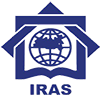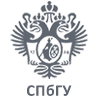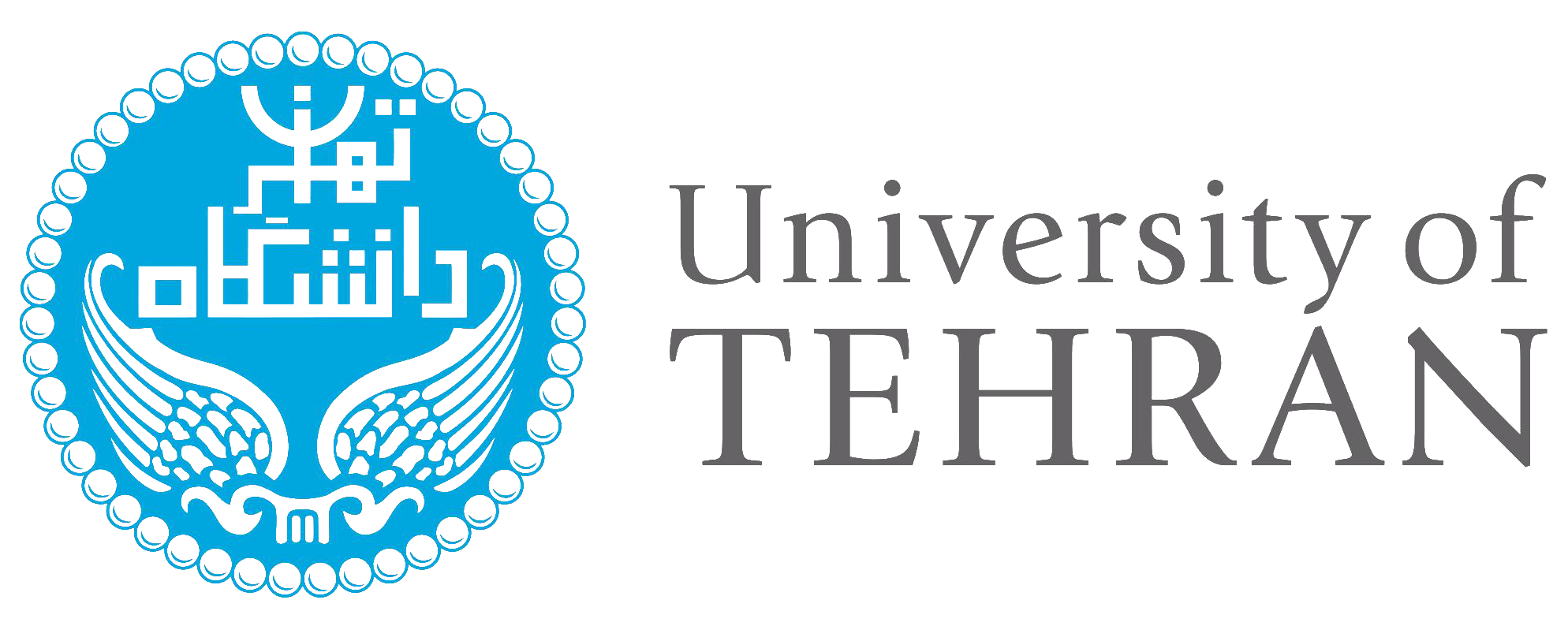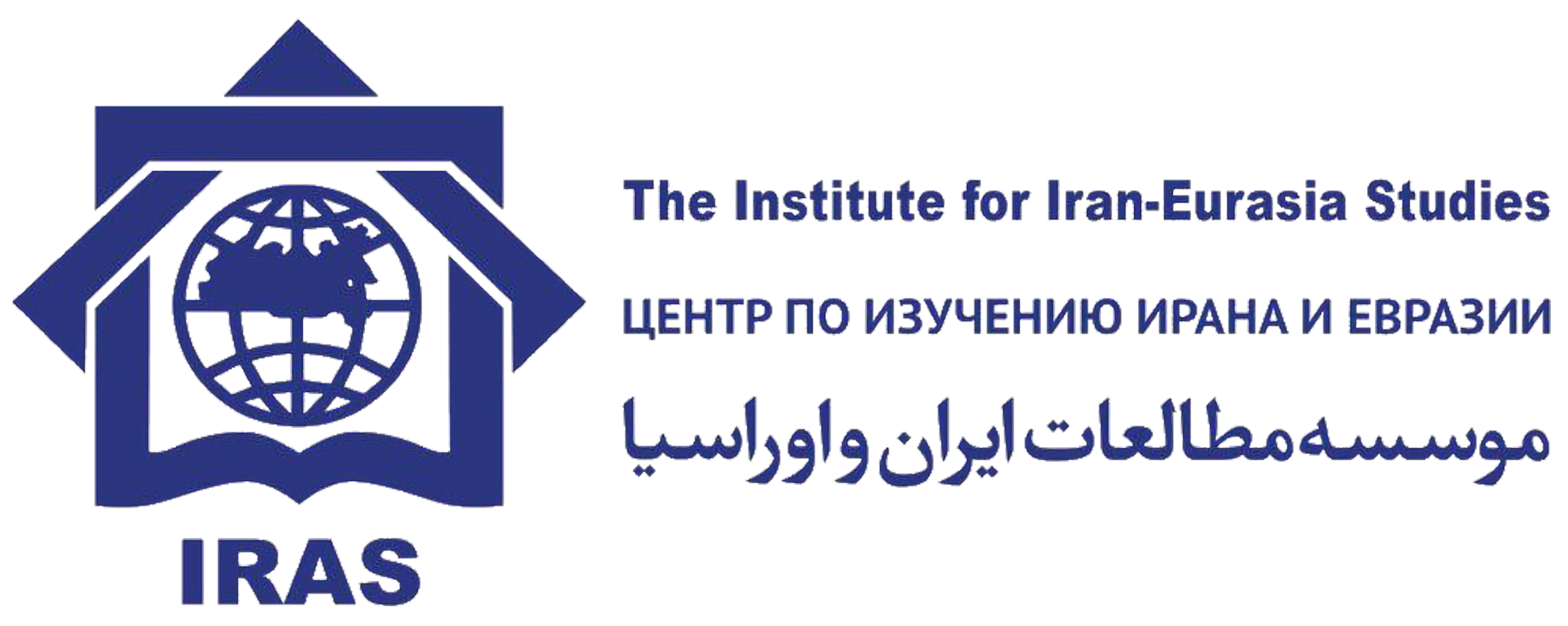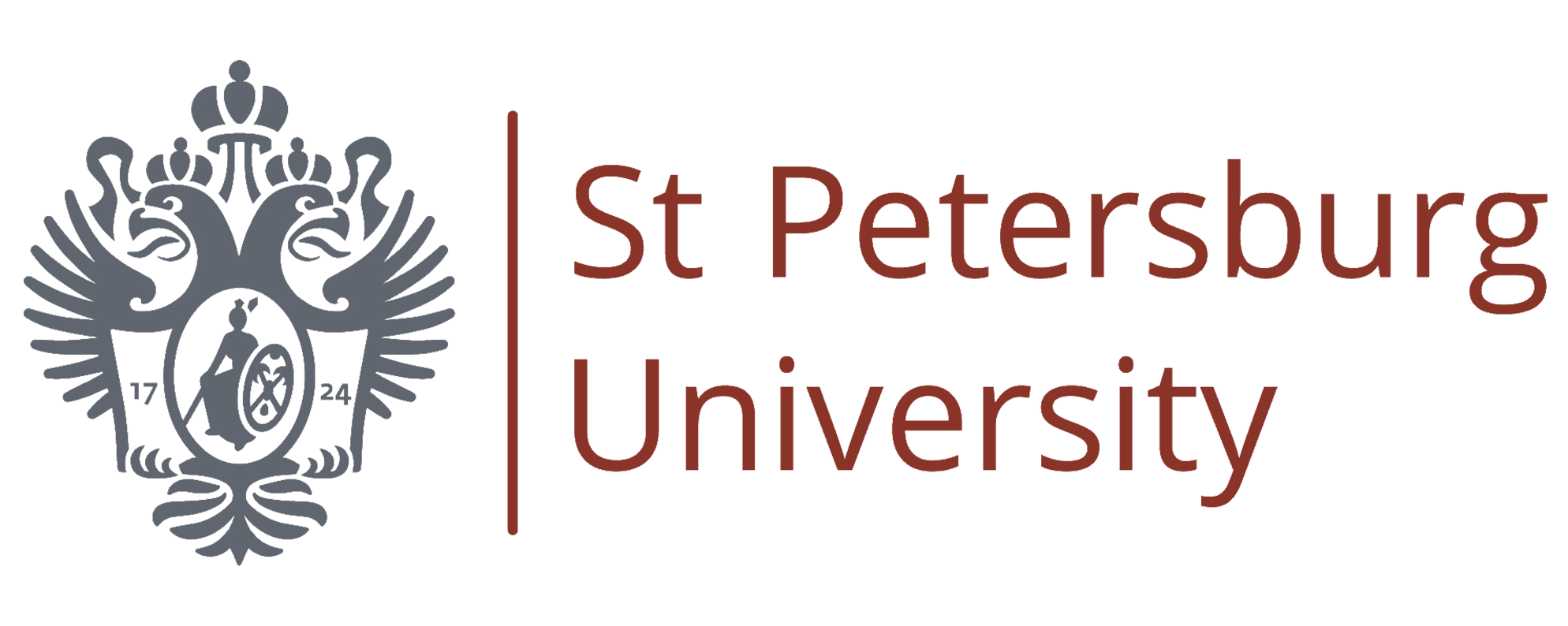The “Iranistica” Russian Encyclopedia
Over the past 200 years, extensive research has been conducted on Iran in the Russian-speaking world. Moscow, St Petersburg, and other cities in the Central Asian republics, the Caucasus, and the Baltics have introduced great Iranologists to the world. Fortunately, this is a path which is being followed by consecutive generations of Iranologists. Despite major ongoing, research, however, the need for a short encyclopedia further introducing Iran to the Russian-speaking audience is strongly felt. This demand becomes more evident when we witness a growing interest among the Russian-speaking people to know more about Iran, in the same way that Iranians are showing a growing interest in Russia, the Russian language, and regional countries.
Compiling reliable, academic resources on Iran in the Russian language that can be regularly updated for a general audience is a step in the right direction. The idea of compiling the encyclopedia was initially suggested by former Iranian ambassador to the Russian Federation, Dr Mahdi Sanaei, at the Institute for Iran-Eurasia Studies (IRAS); he is currently the IRAS director. Following consultations with numerous professors, including a group of Russian Iranologists, the project began to take its final shape.
Iranistica is currently being compiled as a joint project by IRAS and Saint Petersburg State University as a glossary rather than a monograph, with short entries of between 250-800 words. A list of resources for every entry is provided at the end of that entry to guide the interested user to more comprehensive resources.
The aim of this “Encyclopedia” is to portray a clear, accurate image of Iran to the Russian-speaking audience across the globe. Today, outside of Russia, the language is also widely spoken in Central Asia, the Caucasus, and Eastern Europe. Also, millions of Russian-speakers have immigrated to Europe and the US over the past two to three decades, most of whom still widely refer to resources written in the Russian language. The target audience of the “Encyclopedia” addresses all Russian-speakers worldwide.
The Main Framework of the Project
a. The main approach of the “Encyclopedia” is to publish review articles.
b. The main orientation of the entries is focused on contemporary Iran, which takes precedence over historical topics.
c. Another main approach is focus on cultural exchanges between Iran and the world.
d. The group of authors for the “Encyclopedia” is fluid and can be changed. Both experienced, well-known Iranologists cooperate with younger Iranologists.
e. The entries are commissioned to both Russian-speaking and Persian-speaking authors, depending on the subject.
f. As the main audience of the “Encyclopedia” is Russian-speaking, the cooperation of a credible academic Russian entity was required. Therefore, when the rector of Saint Petersburg State University, Professor Nikolay Mihailovich Kropachev, proposed a joint venture with the university at an in-person meeting with Dr Mahdi Sanaei, it was welcomed by IRAS.
g. Saint Petersburg State University as the Russian partner drew up an MoU for its participation and the cooperation of its relevant personnel to work with IRAS on the compilation of the “Encyclopedia”. Pursuant to numerous meetings, the said MoU was finalized and signed on 26 May 2021 by the head of IRAS, Dr Mehdi Sanaei, rector of Saint Petersburg State University, Professor Nikolay Mihailovich Kropachev, President of Tehran University, Dr Mahmoud Niliye-Ahmadabadi, and Iranian and Russian colleagues.
h. Cooperation with the University of Tehran was proposed to its president by Dr Mahdi Sanaei and accepted by its Board of Directors as its sponsors.
i. The estimated timeline for the completion of the project is three years (End of 2024).
j. The IRAS organizational chart for the project is structured as follows:
1.Dr Mahdi Sanaei, former Iranian ambassador to the Russian Federation, and founder and head of IRAS: Founder of Iranistica
2.Dr Mohsen Shojaei, assistant professor of the Russian Language at Islamic Azad University: Academic Secretary
3.Dr Ahmad Pakatchi, head of Encyclopedia Research at the Institute of Humanities: President of the Academic Council
4.Dr Mahmoud Jafari-Dehghi, professor at Tehran University and head of the Association for Iranian Studies at the university: Academic Advisor
5.The Academic Council is comprised of a group of professors of Iranian Studies fluent in Russian
6.The website for the “Encyclopedia” has been designed and is managed by the Iranian side in full cooperation with the Saint Petersburg State University. The entries are uploaded after the final approval.
k. The Saint Petersburg State University organizational chart for the project is structured as follows:
1.Professor Nikolay Mihailovich Kropachev, President of Saint Petersburg State University
2.Artem Alexievich Andreev, Head of the Iranian Studies Center at Saint Petersburg State University
3.Ekaterina Petrovna Pishornikova, Deputy of the Iranian Studies Center at Saint Petersburg State University
4.Mikhail Sergeyevich Pelevin, Head of the Department of Iranian Philology at Saint Petersburg State University
5.Alexei Alexandrovich Khismatullin, Senior Researcher at the Institute of Oriental Manuscripts of the Russian Academy of Sciences
1. Main Topics in Alphabetical Order
1.1. Priority Subjects
a.Literature in Iran: Literature translated from other languages, contemporary literature, classical literature
b.Iranian economy, industry, and technology
c.Iranian studies in Iran, and Eastern and Western countries
d.Tourist attractions in Iran
e.The natural, human, and political geography of Iran
f.Religion in Iran
g.Science, technology, and training in contemporary Iran
h.Culture and customs in contemporary Iran
i.The political order in contemporary Iran: domestic and foreign policy, and political theories
j.The arts in Iran: contemporary and traditional
1.2. Second Priority Subjects
a.Rituals and legends in Iran (Popular culture)
b.Iranian history and civilization
c.Iranian languages and dialects

